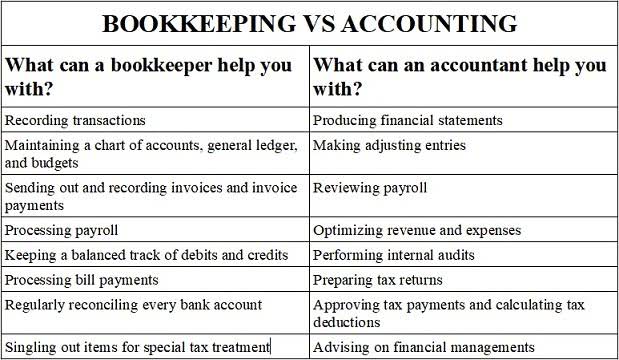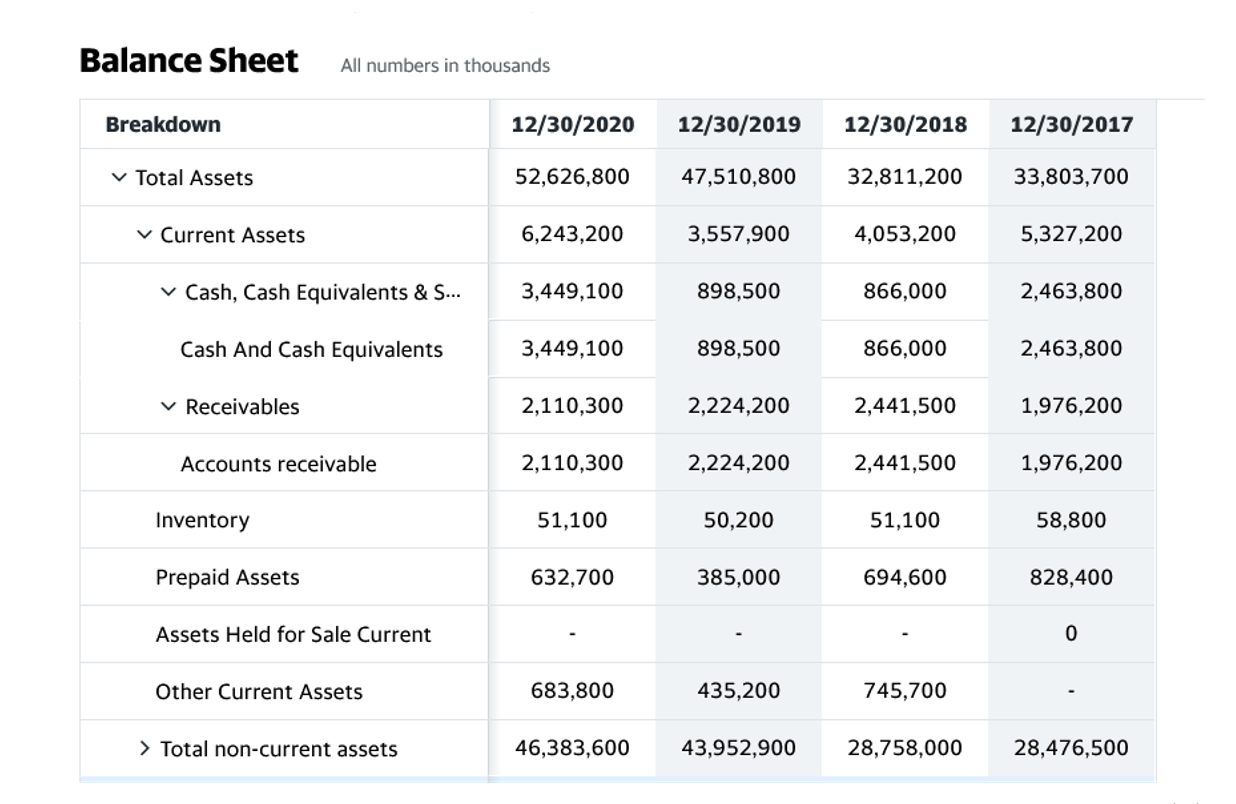
Managing investor relations is an essential part of securing and maintaining funding. Regular communication with investors is vital, as it keeps them informed about the startup’s progress and any challenges they may face. By actively engaging with investors, startups can build trust and demonstrate their commitment to growth and stability. Startup founders must identify potential financial risks such as market volatility, changing customer preferences, or regulatory changes.
Determining Your Startup’s Accounting Needs
QuickBooks can serve to “audit proof” the business, provided that the books are properly maintained and reconciled on a regular and frequent basis. The Illinois Angel Investment Credit Program provides a tax credit to investors who make qualifying investments in innovative startups. This program aims to attract more investment into the state’s entrepreneurial ecosystem. State tax credits and incentives can provide significant financial benefits for startups, helping to reduce their tax burden and free up capital for growth. Each state offers different programs, tailored to encourage business development, job creation, and innovation within their borders. When selecting an accounting firm for your startup, it’s essential to consider their certifications and credentials.

Resources that Empower Startup Teams
This strategy applies both to commercial properties (such as warehouses or office buildings), as well as rental properties. Founders should ask their accounting firm to run financial projections for their start up, based on different net income assumptions using different entity types. Your accounting firm will compute the tax implications relating to the issuance and exercise of stock options. Effective cap table management ensures accurate equity distribution during fundraising rounds.

Tech Startup Accounting, Biotech Accountants, Crypto and More
You want to consult with a CPA on the type of business entity you should use — C corporation, S corporation, LLC, sole proprietorship or partnership. The right entity for you startup cpas depends on your long-term goals and the way you run your business. After considering all these points and more, your CPA can help you determine how to structure your business.
They are used by management of the start up to incentivize employees by allowing them to purchase shares at a predetermined price. This enhances staff retention and aligns the interests of key employees with the company’s success. A formal stock option plan helps startups attract top talent by giving employees a stake in the company’s future. Accounting firms also help startups identify and claim various tax credits, such as the R&D tax credit, by documenting eligible expenses and following proper procedures. Tax credits and tax minimization will help startups to maximize funds available for growth.
- Launching a startup can be an exciting and daunting experience, especially for first-time founders.
- Startups often need CPAs for more strategic roles rather than daily tasks.
- Many online bookkeepers fail to correctly identify contract lengths, discounts and more.
- They set up our books, finances, and other operations, and are constantly organized and on top of things.
- Deferred Revenue is when a client pays you ahead of you delivering a service.
- A bookkeeper can track all your financial records—mainly income and expenses.
When To Outsource Your Accounting

VC-backed businesses typically choose to outsource their bookkeeping and tax preparation/compliance to experienced CPA firms. Choosing the right accounting firm is critical for startups, as it can significantly impact their financial management and prospects for growth. Startups should seek an accounting firm with experience working with early-stage companies, understanding their unique needs and challenges. The firm should offer a range of services tailored to startups, including bookkeeping, tax preparation, financial modeling, and strategic financial advice. With over 150 accountants, CPAs, tax professionals, CFOs, controllers and venture Accounting For Architects capital fund raising experts, the Kruze team constitutes the largest CPA firm 100% dedicated to funded startups.
What Is Annual Revenue? The Founder’s Guide to Financial Literacy
If your CPA is comfortable with the software, they’ll be able to immediately begin working with it to analyze your cash flow, inventory management, and pricing. CPAs can help with tax planning and tax filing, including state and federal income tax returns, payroll tax returns, and sales and use tax returns. CPAs must keep up their tax and accounting knowledge with continuing education each year in order to stay licensed, so they’re always up to date with the most recent tax laws and changes. Accounting automation tools are essential for startups as they enhance efficiency and streamline financial transactions and processes. Integrating accounting tools allows for a seamless platform for financial management, optimizing workflow and reducing the burden of manual tasks. Establishing best practices in startup accounting, including managing financial transactions, is important for maintaining retained earnings financial health and ensuring long-term success.

- Different industries have unique accounting needs, and startups should seek an accounting firm with experience in their specific sector, including expertise in financial modeling.
- Here are some questions you can ask potential providers that can help you find the best one for your company.
- There’s no one-size-fits-all approach to finding the right CPA for your startup.
- VC-backed businesses typically choose to outsource their bookkeeping and tax preparation/compliance to experienced CPA firms.
- A CPA is more than just someone who manages your books they’re a partner who helps your startup look into financial challenges and increse opportunities.
Moreover, CPAs must adhere to strict ethical standards and maintain their skills through continuous professional development. CPAs are highly qualified accountants, but if they don’t have experience with the precise requirements of your business, they could overlook important regulations or leave money on the table. To avoid these issues, the startup community should look for these five criteria when hiring a startup CPA. Your CPA should have a thorough understanding of the finance and accounting tools you use day-in-day-out. Familiarity with the tools you use for automating accounting processes, invoice processing, expense tracking, and other financial tasks is crucial, as these tools can streamline financial tasks and minimize errors.
Graphite: CPA & Financial Advisory Partner Built for Startups
When you work with Graphite, you can ensure personalized service and industry expertise as we aim to become a value-added extension of your business. At Kruze, we would argue that a VC-backed startup should have an accountant/CPA (and not just a bookkeeper). Businesses with over six months of runway should consider hiring a real accountant. Our clients benefit from Kruze’s expertise in automated fintech and accounting platforms, and Kruze Consulting has won awards for our innovative use of technology, including some of the most significant AI tools for startups. Our CPAs are experts in startup accounting, and are experienced in leveraging AI accounting tools and automation. Many of the top AI companies are Kruze clients, which gives us unique insights into the latest AI technologies and trends.


